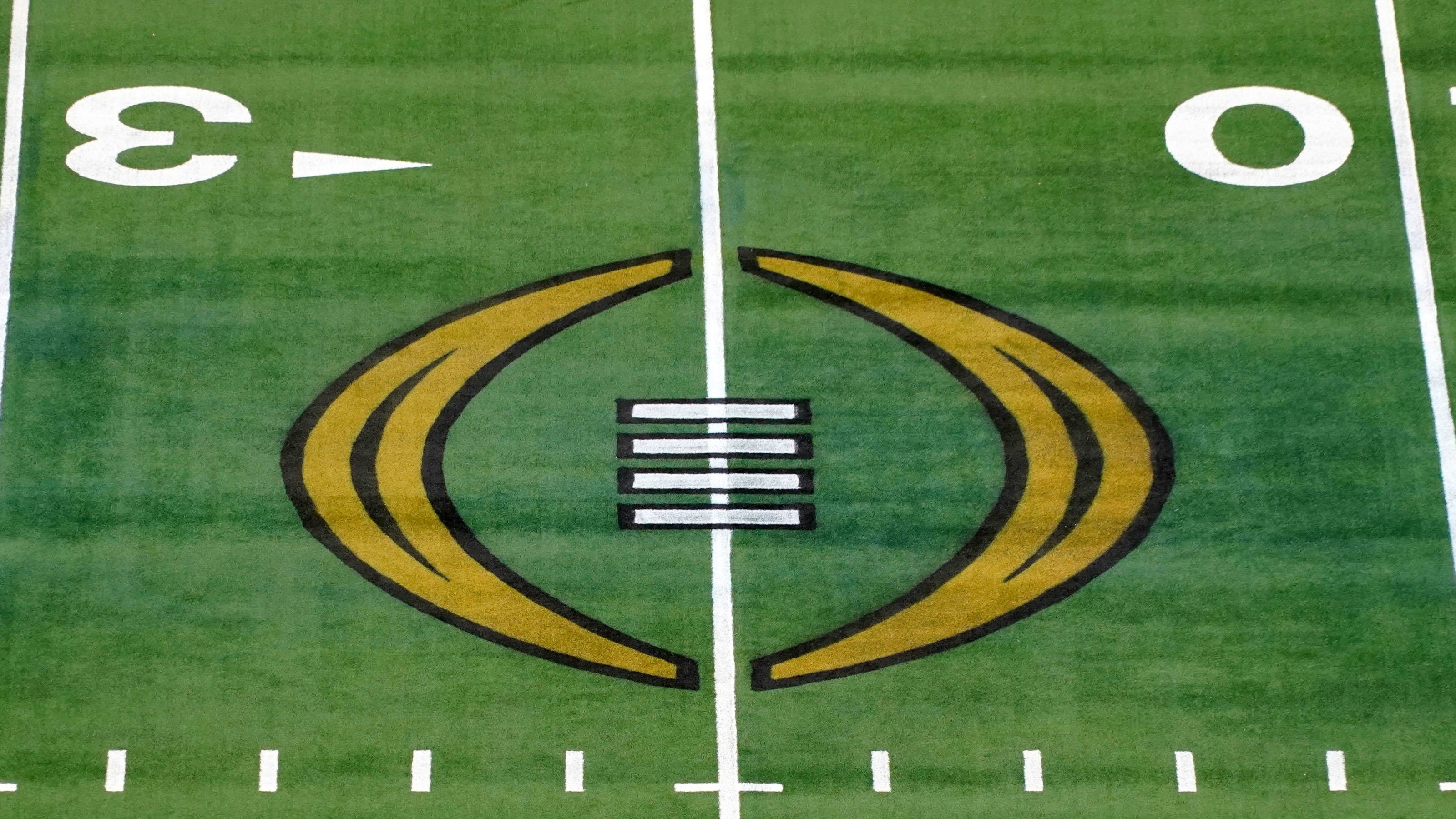Root4GT
Helluva Engineer
- Messages
- 3,593
Who is the "we." The schools that generate the TV revenue that drives all of college athletics are not very concerned with the current transfer rules as they generally favor those schools. They are the golden goose that generate the enormous TV contracts.I don’t think you can cap NIL. I believe the supreme court has already ruled on that. I think the biggest issue with NIL is its application with the transfer portal. It’s the rich schools buying the stud players off of the smaller schools – which almost always involves some sort of tampering. Tampering is nearly impossible to prove and therefore regulate.
I think the most practical way to manage NIL is to regulate transfers. If a student athlete transfers from one school to another, they have to sit out 1 year. No exceptions. The kids are free to leave whenever they want; they can go to any school they want; they are not being restricted in any way. You are not preventing the “student-athlete” from doing anything any other student could do.
For example, UCS isn’t buying Jordan Addison from Pitt after his stud sophomore season where he won the Biletnikoff award. Alabama isn’t buying Jamyr Gibbs after his sophomore season at Tech. Both of these players are going pro 3 years after high school. I think a good discussion point is whether the players should also lose a year of eligibility. It’s a privilege to play college sports. It’s not a right.
The argument always comes up, but a coach can leave at any time and coach at another school. So what. We are trying to regulate NIL from ruining college sports.
The TV ratings for this year's Final Four will be an interesting tell to see if no name schools can actually draw eyeballs. Last year's championship game was 2 true Blood Bloods, Kansas vs UNC. This year unless UCONN is in the Final it's 3 basketball unknowns. Ratings will tell us all a lot.

